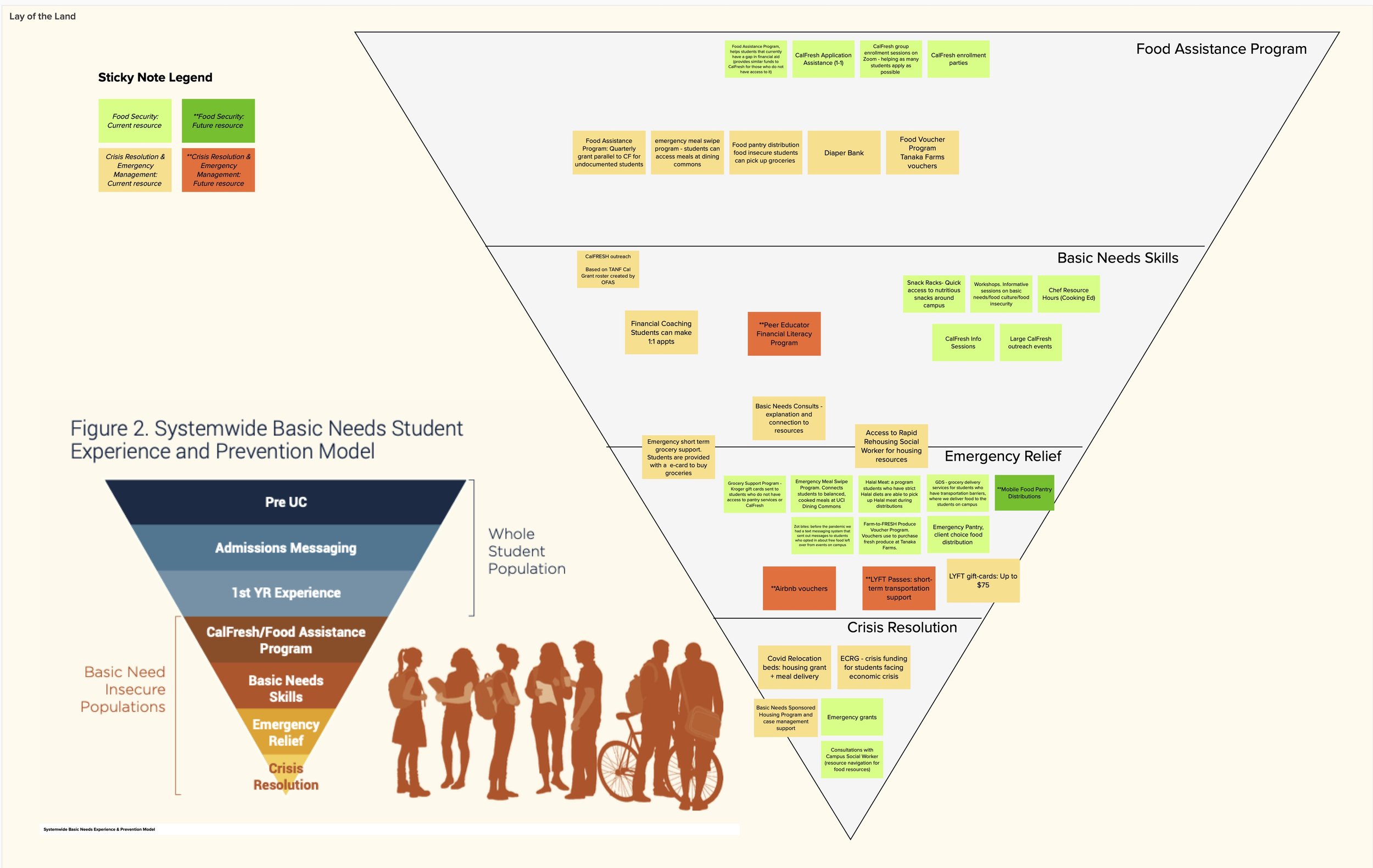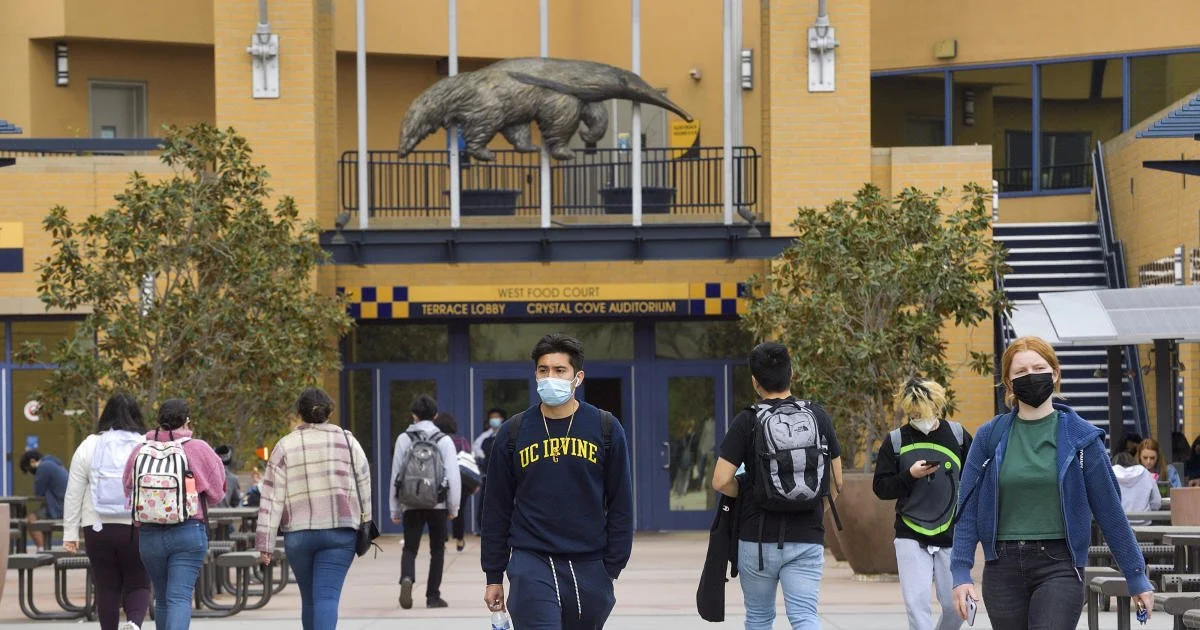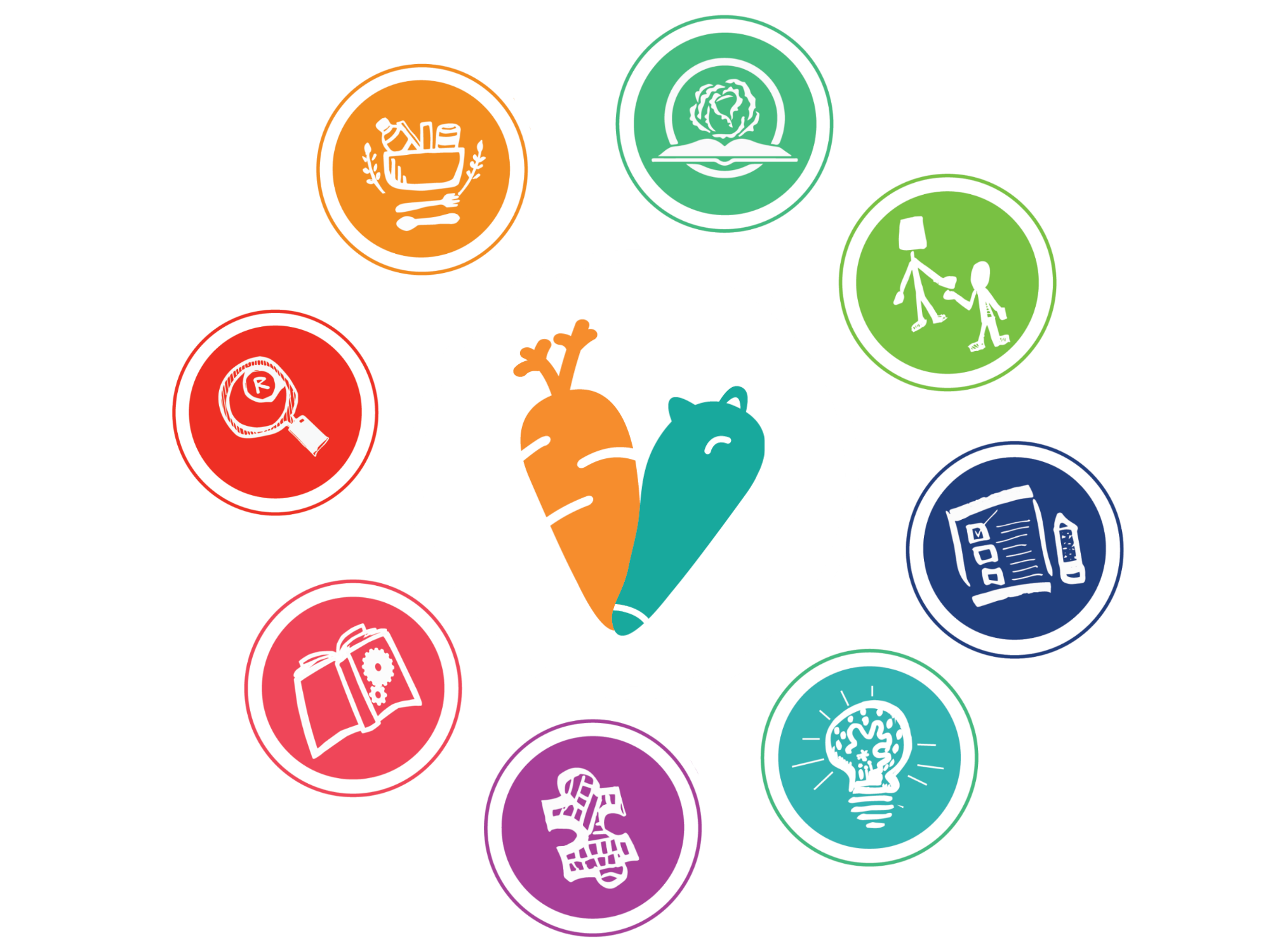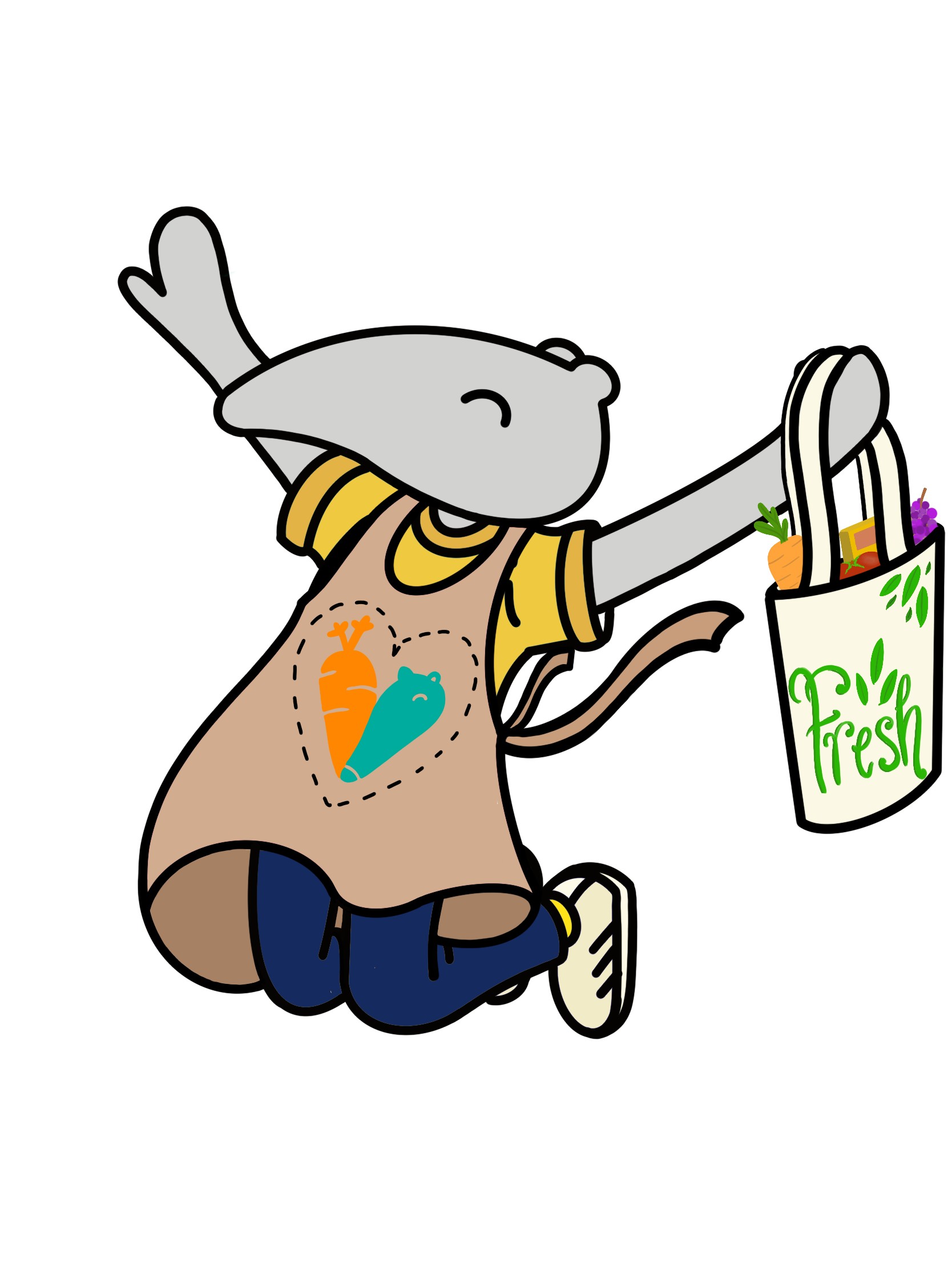UNIVERSITY ECOSYSTEM TOOL DEVELOPMENT
Navigating the University Ecosystem
Match-making for Students Experiencing Basic Needs Insecurity
Collaborators
University of California, Irvine
Geography
Irvine, California
COLLABORATOR
The University of California, Irvine FRESH Basic Needs Hub works diligently towards the goal of making UCI a basic needs-secure campus. The FRESH Hub recognizes the impact that meeting the basic needs of students has on their mental and physical health, academic performance, and overall well being and works to ameliorate any roadblocks to student success at the university. Programs provide emergency food and toiletries, connect students to critical on and off-campus resources, and offer educational opportunities for students to take personal responsibility for their wellness and the well-being of their communities.
Summary
Rates of student-experienced food-insecurity and homelessness in the University of California, Irvine skyrocketed with the onslaught of the Covid-19 Pandemic. With over 15 basic needs programs, students were overwhelmed when choosing relevant and beneficial resources that matched their unique situations.
This challenge provided the unique and important opportunity to assess levels of basic needs insecurity that students were experiencing, share personalized resources that were highly effective for their unique circumstances, offer a centralized way to collect data from the FRESH Hub for better response and lastly, flag students facing crisis and emergencies to support immediate response. allocation of capacity and resources.
To better the FRESH Hub’s allocation of capacity and resources, a tool was developed to increase the efficiency in directing relevant programming towards needs-insecure students.
Challenge
At the outset of this project, the FRESH Hub was navigating high levels of student requests and struggling to efficiently manage students’ requests for help. One year into the COVID-19 pandemic and the systems in place were not designed to quickly respond to the unique needs and demands the pandemic required. The challenge presented itself simply: how could such a large number of students be connected to basic needs resources in an ecosystem that asked them to enroll and navigate multiple different enrollment processes separately?

Process
Facilitated Meetings:
The FRESH Hub staff and student representatives were joined by spokespersons from Financial Aid, the Emergency Housing Program, and the Economic Crisis Resolution to identify existing challenges and acknowledge the work that had already been done to ameliorate these issues. Through facilitated virtual convenings, significant opportunities were identified to improve current efforts by better understanding and reflecting on the challenges faced by both staff and students. With ample space made for conversation and reflection, the team was able to understand and discover internal misalignments which provided clear opportunities to improve overall efforts.
Understanding the Hub’s Mission:
It became apparent that some of the program’s challenges represented systemic barriers that required long-term action, while other challenges were easier to address. To clarify forward momentum on both short-term and long-term goals, the Hub’s North Star (to support student empowerment, community collaboration, and institutional integration through shifting cultural consciousness towards the understanding and fulfillment of basic needs) became the focal point for action.
As the challenges faced by both students and Hub Staff were mapped out across all programs, collective alignment and buy-in across basic needs stakeholders was carefully cultivated.
Understanding the Student Experience through Journey Mapping:
Before launching into the development of a tool prototype, a better understanding was still needed of the trajectory that students were following to seek help for their needs. By leveraging the process of user journey mapping critical insight was gained into the challenges, enabling factors, emotions, and pain points across a number of programs under the Hub’s umbrella. In order to optimize efficiency moving forward the areas were defined to reveal where the largest amount of change could be made given the resources available.
Project Outputs
With 15+ programs and resources, students already experiencing food insecurity or homelessness were overwhelmed by the act of navigating the basic needs ecosystem. The developed tool, designed to feel like a short survey from the student’s perspective, assesses his or her unique situation by computing levels of food security, homelessness, financial literacy, federal benefits eligibility, and interest in gaining specific skills. It has helped students to navigate the system in many ways by:
Sorting out and referring students with higher levels of basic needs in a more efficient way; moving them through the programming matching process faster and getting them help sooner.
Allowing the Hub to be more proactive with students’ needs because they can now identify those who are needs-insecure earlier on.
Increasing the efficacy of the Hub’s outreach process and supporting students to tap into resources that they didn't know about previously.
Highlighting some of the programs that were previously underused.
The tool has been very well received by the students and the Hub has found that:
The act of completing this survey once a year has supported the level of engagement of students as it relates to basic needs and how they are asking for support.
Students using this tool on a regular basis report an increased overall level of awareness about basic needs.
Students are reporting a greater collective and individual understanding of what basic needs mean and what insecurity looks like within a population and within their own selves.

Key Insights
By utilizing basic-needs normalizing language, the process of this project and the resulting tool offers a powerful chance to reduce stigma among resource-using students.
The Basic Needs Hub will be able to collect de-identifiable data that will support their decision making and inform long-term impact.
This data will also offer key insight into whether or not access to basic need programs has a direct result on students’ GPA, degree completion rates, or other metrics for student success.
This data and the tool itself will be powerful fodder for greater systems change and serve as a model for other institutions.
Data from students self-reporting indicates that more than likely, the act of completing our survey supports individuals’ self-reflection and ability to gain deeper understanding on the manifestations of basic needs among the student population.
We find the opportunity to continue exploring how to increase the level of engagement from faculty and staff in using and supporting the use of this tool.







